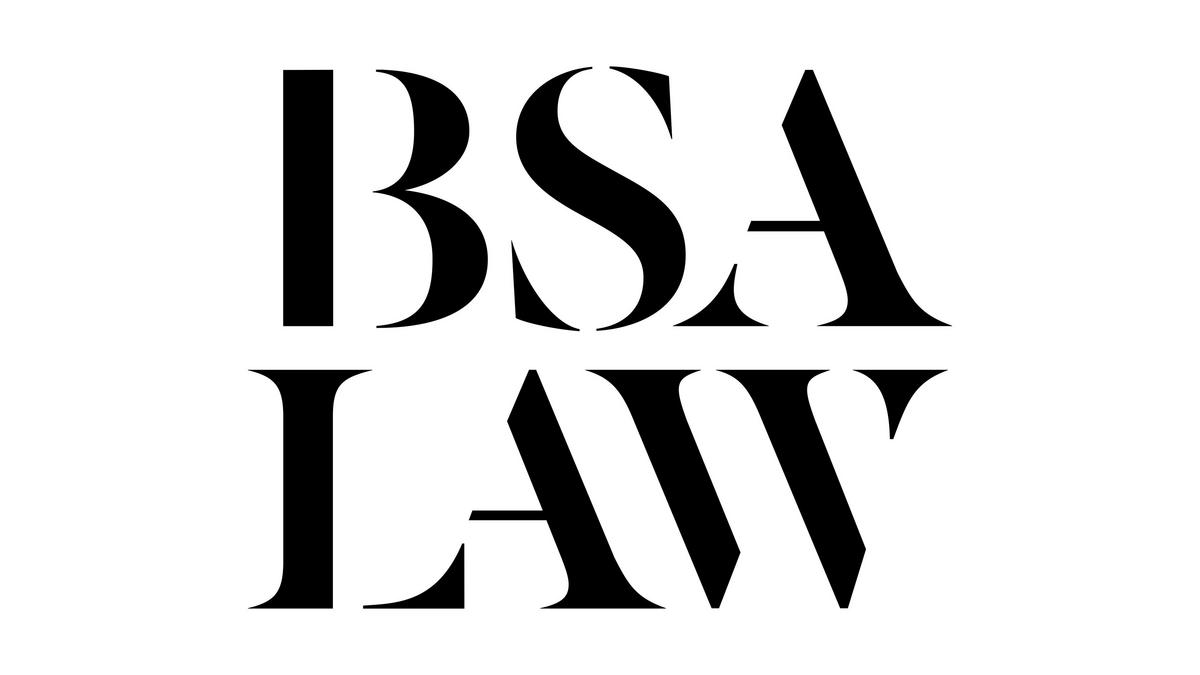Membres
BSA LAW | UAE Companies Law amendments: a modernization package aligning onshore practice with market standards

Overview
Federal Decree-Law No. 20 of 2025 dated 1 October 2025 amending the United Arab Emirates Commercial Companies Law (Federal Decree-Law No. 32 of 2021) (the "Law") introduces a focused suite of reforms that streamline company operations, reinforce investor protections, and improve corporate mobility. Headline changes include express recognition of drag-along and tag-along rights within constitutive documents of LLCs and private JSCs, the ability to transfer a company’s commercial registration between competent authorities, including to and from free zones and financial free zones, refined scope and free zone interface rules, flexible capital and valuation mechanics, governance continuity tools, calibrated offering controls, and a clarified definition and founder participation for PJSCs.
Scope, free zone interface, and nationality
The Law applies to companies incorporated in the UAE and to foreign companies operating in the UAE, including those with branches, representative offices, or management centers in the State, while preserving special regimes where a specific law provides otherwise. For companies established in free zones and financial free zones, the Law applies to the extent not displaced by the zone’s own legislation; where such legislation permits activity inside the State and outside the zone, branches or representative offices established in the State are subject to the Law. The amendments also clarify nationality by confirming that companies established in the State, including in free zones and financial free zones, bear the nationality of the UAE. Together, these provisions reduce ambiguity for mixed onshore/zone structures and confirm the national treatment of free zone entities where applicable.
Company forms and single-shareholder vehicles
Permitted company forms remain the joint liability company, limited partnership, limited liability company, public joint stock company, and private joint stock company; adopting any other form renders the entity void with potential personal liability for contracting parties. The Law preserves the foundational definition of a “company” while expressly allowing incorporation and ownership by a single person and enabling non‑profit investment companies whose profits are reinvested to achieve their purposes subject to Cabinet-level regulation.
Formation formalities and shareholder arrangements
Company incorporation contracts and amendments must be in Arabic and notarized by the competent authority; if executed in a foreign language, an Arabic version must accompany and prevail. The amendments expressly authorize pre‑emption and transfer mechanics in LLC and private JSC constitutive documents, including drag‑along and tag‑along arrangements and buy‑sell constructs under defined conditions, and set procedures for dealing with the shares of a deceased shareholder and valuation pathways on death or incapacity, including court‑appointed experts where required.
Shareholders exit rights: drag‑along and tag‑along
The express statutory footing for drag‑along and tag‑along in LLCs and private JSCs brings market‑standard M&A protections into onshore entities. The detailed triggers, thresholds, procedures, and valuation mechanics remain matters for the constitutive documents and any implementing decisions by the competent authority; where transfer is triggered by death or incapacity, valuation by one or more court‑appointed financial and technical experts is contemplated.
Capital structure, in‑kind contributions, and valuation controls
The amendments introduce greater flexibility and discipline around capital:
- Minimum capital can be set by the competent authority upon ministerial recommendation and Cabinet approval; contributions may be in cash or in‑kind, and must be fully paid at incorporation, with cash deposited at a UAE‑licensed bank and evidenced for registration.
- As an exception, LLC partner shares may be classified into different categories with differing rights and obligations—such as value, voting, dividend priority, redemption, liquidation preferences, and other privileges or limitations—provided that: (i) the categories and their attributes are expressly set out in the company’s constitutive documents; (ii) the categories and their attributes are recorded in the commercial register; and (iii) such classifications comply with rules issued by the competent authority upon ministerial recommendation.
- In‑kind contributions are permitted for LLCs and JSCs, valued by one or more accredited valuers at the contributor’s expense; the competent authority may challenge reports and appoint alternate valuers as needed.
Article 76(4) now creates a clear pathway for differentiated equity economics and governance in LLCs. In practice, LLCs can now tailor classes to align voting and economic rights with investor profiles (e.g., non‑voting or preferred‑dividend classes, redeemable classes, or classes with bespoke transfer rights), provided the attributes are precisely drafted, recorded, and consistent with the competent authority’s rules. Any issuance, conversion, or variation of class rights should be anchored in the constitutive documents and harmonized with pre‑emption, transfer, drag‑/tag‑along, and buy‑sell provisions to avoid conflicts.
These measures expand private capital structuring options in LLCs and strengthen valuation integrity across company types.
Offering perimeter and private placements
Only a public joint stock company may make a public invitation to subscribe for securities in the State, and SCA approval is required. Private joint stock companies may undertake private placements on licensed UAE markets subject to SCA conditions, with “private placement” defined as an invitation to a specified, limited number of persons to subscribe for securities.
Governance: appointment, resignation, and continuity
Provisions were added to ensure continuity and orderly transitions in the management of limited liability companies, covering removal, resignation, notifications, and interim continuation to safeguard operations (Art. 85).
PJSC definition and founder participation
A public joint stock company is one whose capital is divided into equal, tradable shares, part of which is offered to the public for subscription, with founders’ subscription subject to minimum and maximum ratios set by the securities authority upon Cabinet-based decision (Art. 105).
Conversions
Any company may convert from one legal form to another while preserving legal personality, subject to implementing regulations and competent authority or SCA decisions within their remit (Art. 275(1)). A company converting into a PJSC may proceed directly without a new incorporation application or founders’ committee; existing executive management undertakes the procedures unless the general assembly appoints someone else. Upon conversion to a PJSC, the company registers its new form, convenes a general assembly within 30 days to elect directors and appoint an auditor.
Registry mobility: transfer of commercial registration between authorities
A new Article 15 bis enables the transfer of a company’s commercial registration from one competent authority to another, including to and from free zones and financial free zones, by special resolution of the general assembly or absolute majority of partners, as applicable, while preserving legal personality. The transfer requires that both the transferring and receiving registries allow such transfers and give their consent; for joint stock companies, the Ministry or the SCA must also consent, as applicable. The transfer decision must be published in the manner determined by the competent authority. Cabinet-issued rules will govern transfers between financial free zones and onshore, in coordination with the relevant competent authorities and the authorities of the financial free zones.
Effective date and repeal
The decree-law repeals any provision inconsistent with its terms and applies from the day following its publication in the Official Gazette.
Practical significance
The reforms deliver three core benefits. First, they provide clear interfaces across onshore, free zones, and financial free zones, including nationality confirmation for companies established in the State and a mobility tool for registry transfers within the UAE. Second, they modernize ownership and financing mechanics by codifying drag‑along/tag‑along arrangements, enabling sophisticated share classes in LLCs, and tightening valuation of in‑kind capital. Third, they enhance market integrity and governance through offering perimeter controls and continuity in management. In combination, the amendments align UAE corporate practice with international norms while maintaining local safeguards, reducing transactional friction and supporting efficient capital formation and corporate transformations.


